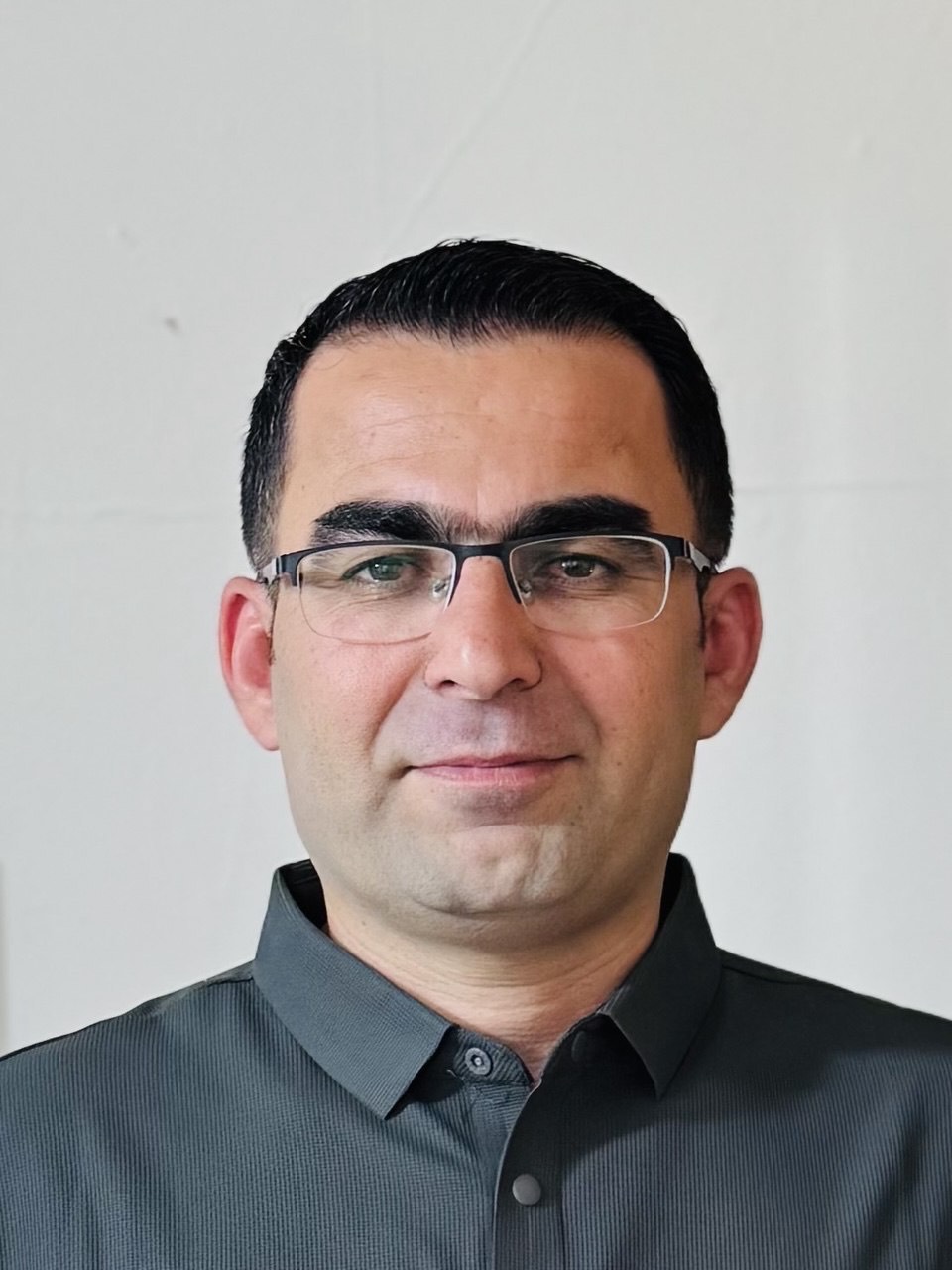The Dangers and Consequences of Militia Proliferation and Tribalism in the Kurdistan Region and Iraq
Mzhda Mohammed Ibrahim – Activist
The Kurdish emirates are an important part of Kurdistan’s history, which have served as centers of Kurdish authority and culture over the past centuries. Most of these emirates existed during the Middle Ages and the Ottoman era, each have played a significant role in preserving Kurdish identity and advancing the culture and politics of Kurdistan. The emergence of Kurdish emirates dates back hundreds of years, with one of the oldest being the Hasanwayhid Emirate (941–1014 AD), based in the city of Jibal, which included regions like Sharazor, Mahabad, Kermanshah, and Hamadan. Other emirates—such as the ( Shaddadid, Marwanid, Ayyubid, Baban, Ardalan, Botan, Soran, and Badinan) each had their own political, economic, and social influence in Kurdistan and the broader region.
However, these emirates were often supported by the Safavid and Ottoman empires, who exploited them to weaken other Kurdish emirates, fragment Kurdish identity, and fuel internal conflicts. a strategy that aligned with the enemies of the Kurds, ultimately led to the division of Greater Kurdistan among Iraq, Iran, Turkey, and Syria. The lack of unity among Kurdish leaders, their arrogance, and tribal rivalries contributed to their downfall against enemy forces.
While tribes and clans were once necessary for survival in the past, in today’s globalized and modern world, their persistence especially armed tribal and militia groups has done more harm than good to the Kurdish people. Instead of progress, they have pushed Kurds backward, violating laws and attempting to resolve social issues through force. This has led to widespread human rights abuses, including killings, threats, and oppression, both in the past and continuing today.
Currently, tribes and clans are heavily armed by political powers and used as tools to suppress dissent, intimidate youth, and force citizens to support specific political factions during elections. These tribes, now operating under the protection of the Patriotic Union of Kurdistan (PUK) and the Kurdistan Democratic Party (KDP), commit numerous crimes with impunity, disregarding the law entirely.
Historically, any group’s survival depended on military strength, which is why these tribes and armed factions continue to arm themselves under the guise of self-defense and family interests. Today, these clans and tribes control areas under their influence, backed by political forces. They commit murders, kidnappings, and other crimes against powerless civilians without facing justice, as even the police lack authority over them.
The PUK and KDP’s arming of militias and tribes has been increasing daily, granting them immense power and dragging Kurdish society back to the era of feudal lords. Daily acts of lawlessness are committed by these armed clans without any accountability. Recently, a tribal clash between Harki tribe and Erbil security forces in Erbil resulted in two civilian deaths and the use of heavy weaponry showing that a single tribe can challenge the government’s authority.
The empowerment and arming of tribes and clans for political gain have disastrous consequences. The rise of militia and tribal forces in Iraq and Kurdistan, along with their display of weapons on social media—flaunting convoys of cars loaded with small and heavy arms—has destroyed civilian lives and created deep psychological fear among the population. No one feels safe, forced many to acquire illegal weapons for protection. Meanwhile, the government and security forces are too weak to confront these armed groups, who operate above the law under political party protection.
Sadly, Iraq was once a strong cultural and intellectual center in the Middle East, but due to security instability and the rise of extremists and dictators, it has deteriorated into one of the most dangerous places in the world. Both Iraq and the Kurdistan Region are now considered high-risk areas for living and travel, with Iraq’s standing at an all-time low.
Author Profile
- Diyar Harki is an independent investigative journalist and human rights advocate. As a member of the National Union of Journalists (NUJ), he focuses on exposing corruption and human rights abuses in Kurdistan and Iraq. He voluntarily contributes to Kurdfile Media.
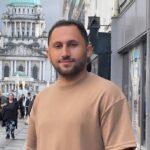 Kurdistan18 January 2026Will the Terrorists Be Released?
Kurdistan18 January 2026Will the Terrorists Be Released? Opinion17 January 2026A Risk That Could Reshape the Kurdistan Region
Opinion17 January 2026A Risk That Could Reshape the Kurdistan Region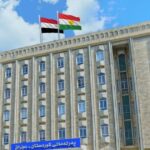 Reports7 January 2026Kurdistan MPs Receive Millions in Salaries as Parliament Remains Paralyzed
Reports7 January 2026Kurdistan MPs Receive Millions in Salaries as Parliament Remains Paralyzed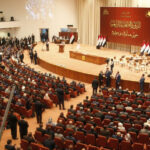 Political3 January 202634% of Kurdish MPs in Iraqi Parliament Lack Arabic Proficiency
Political3 January 202634% of Kurdish MPs in Iraqi Parliament Lack Arabic Proficiency
